
2025 SCC Vol. 9 Part 4
2025 SCC Vol. 9 Part 4: Explore the latest Supreme Court Cases on Civil Procedure Code, Constitution, Criminal Law, Motor Vehicles Act, and IBC.

2025 SCC Vol. 9 Part 4: Explore the latest Supreme Court Cases on Civil Procedure Code, Constitution, Criminal Law, Motor Vehicles Act, and IBC.
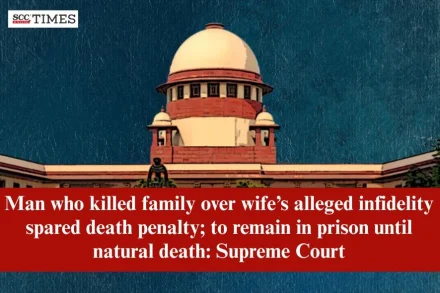
The Court stated that though the appellant was illiterate, he was not irrational, as he had a plan in mind which he executed, thereby achieving his goal.
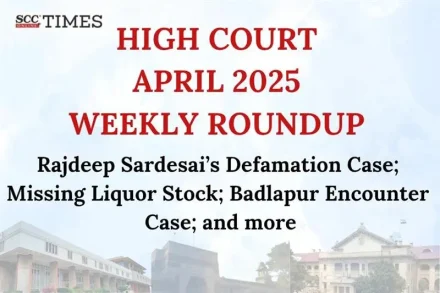
A quick legal roundup to cover important stories from all High Courts this week.
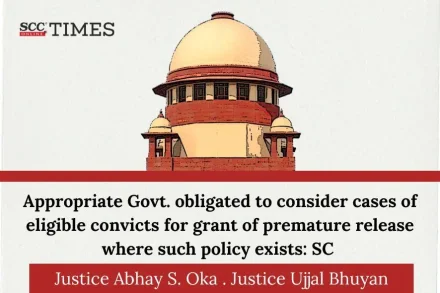
“Appropriate Government has the power to incorporate suitable conditions in an order granting permanent remission. The conditions must not be oppressive or stringent that the convict is not able to take advantage of the order granting permanent remission. The conditions cannot be vague and should be capable of being performed”.
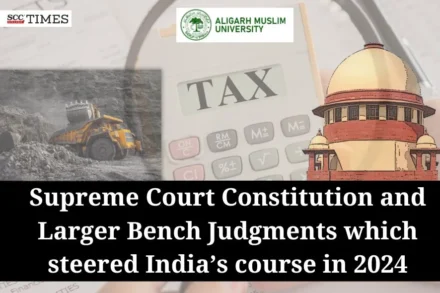
The Supreme Court’s 2024 decisions have marked a significant turning point in the country’s legal and constitutional framework. Key rulings delivered by Constitutional Benches on Electoral bonds, private property, royalty as tax, AMU’s minority status, sub-classification within reserved categories, etc. have left an impact on fundamental rights, political transparency and tax regime, shaping India’s socio-political landscape, influencing both public policy and the broader democratic process.

No separate category is carved out as an exception to the normal Rules of remission provided under Section 4321 of the Criminal Procedure Code, 1973 for a Police personnel committing heinous crime of murdering his pregnant wife.
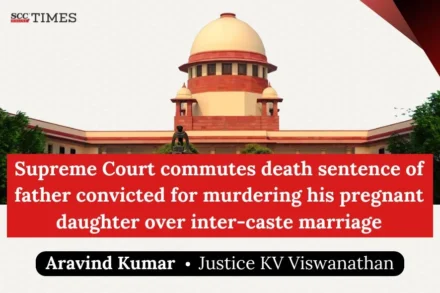
The Court affirmed the father’s conviction but converted the death penalty to 20 years’ rigorous imprisonment without remission considering several mitigating factors favouring the accused.
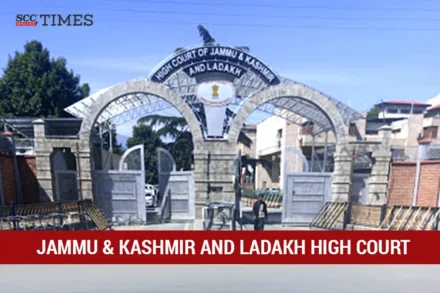
“The conditions in the Union Territory of J&K are entirely different … this part of the Country has been reeling under militancy for the last more than three decades, as such, the State is justified in dealing with the crimes relating to terrorism in a manner that is different from dealing with similar crimes in Delhi.”

The High Court held that Arun Gawli is entitled to the benefits flowing from the State Remission Policy dated 10-01-2006, which was prevailing on the date of his conviction.
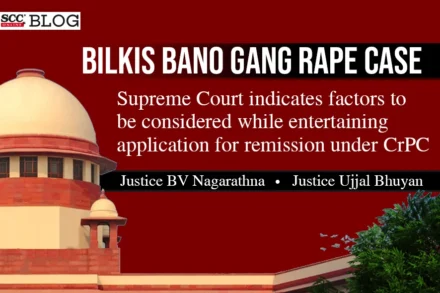
The Gujarat Government had released the 11 convicts on 15-08-2023 as the convicts have completed 14 years sentence in prison and due to their good behavior. Aggrieved by this, Bilkis Bano filed a petition against the premature release of the convicts.
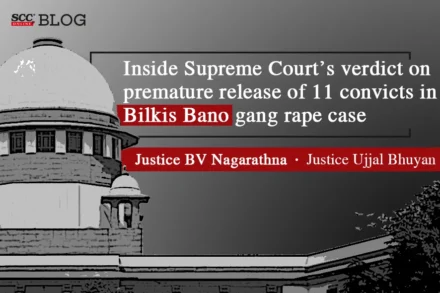
“A woman deserves respect howsoever high or low she may be otherwise considered in society or to whatever faith she may follow or any creed she may belong to”
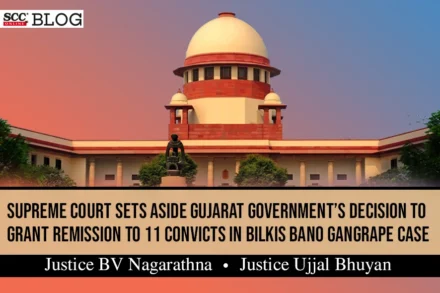
Bilkis Bano was 21 years old and five months pregnant when she was gang raped. She saw 14 of her family members being killed, including her 3-year-old daughter, in the 2002 Gujarat riots that broke out after the Godhra train burning.
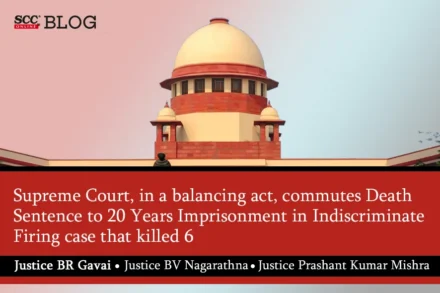
The Supreme Court held that the Court cannot be limited only to two punishments, one a sentence of imprisonment, for all intents and purposes, of not more than 14 years and the other death.

Though causing death of someone in itself is perversity, however causing death by smothering and inflicting injuries by jack handle though opined to be consistent with intense torture, cannot be held to be a diabolic or seriously perverse manner of committing murder so as to shock the collective conscience of the society and fall in the category of rarest of rare cases.
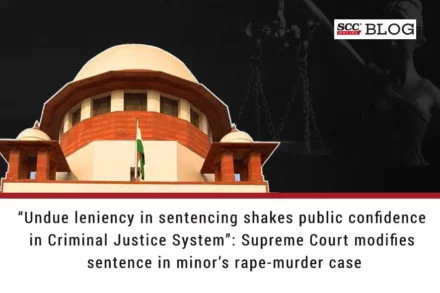
Supreme Court considered the case wherein the Trial Court proposed award of death sentence for rarest of the rare case, while the Jharkhand High Court modified it to life imprisonment for whole biological life without any scope for remission.
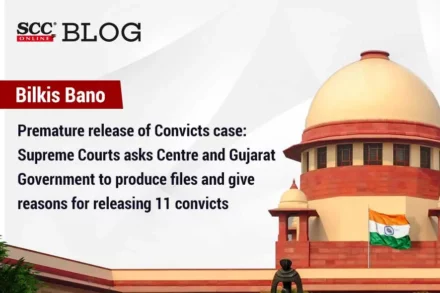
The Supreme Court asked the Gujarat Government reasons behind its decision to grant remission to the 11 life convicts, who were convicted for raping Bilkis Bano and murdering her family members
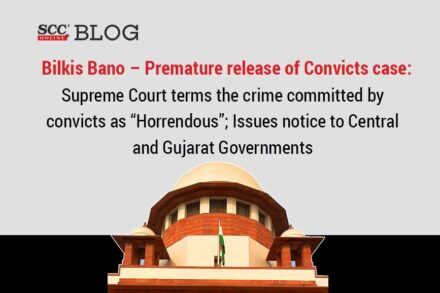
In a petition filed by Bilkis Bano, and other pleas in the nature of Public Interest Litigation, Supreme Court said that “we are only on legal and law and nothing to do with emotions.”
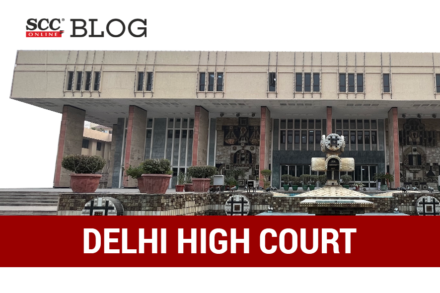
The Delhi High Court observed that furlough could not be denied perennially even if the prisoner had earlier jumped parole and was re-arrested after committing another offence.
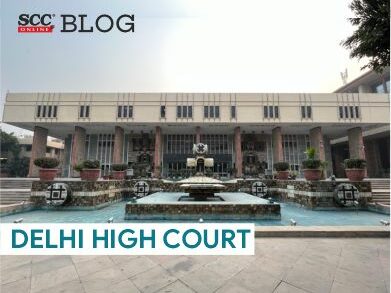
The Delhi High Court granted four weeks parole to a rape convict and held that right of a citizen to avail a legal remedy in the final court of country cannot be denied.
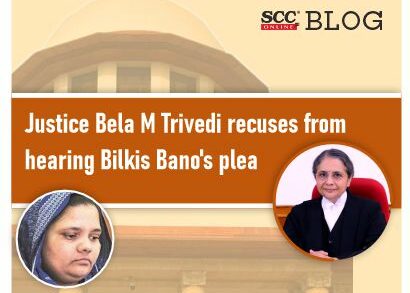
When on August 15, 2022, her rapists walked out of the prison after serving 15 years’ imprisonment based on Gujarat Government’s remission policy, Bilkis Bano found herself “bereft of words” and “numb”. The matter is now before the Supreme Court.